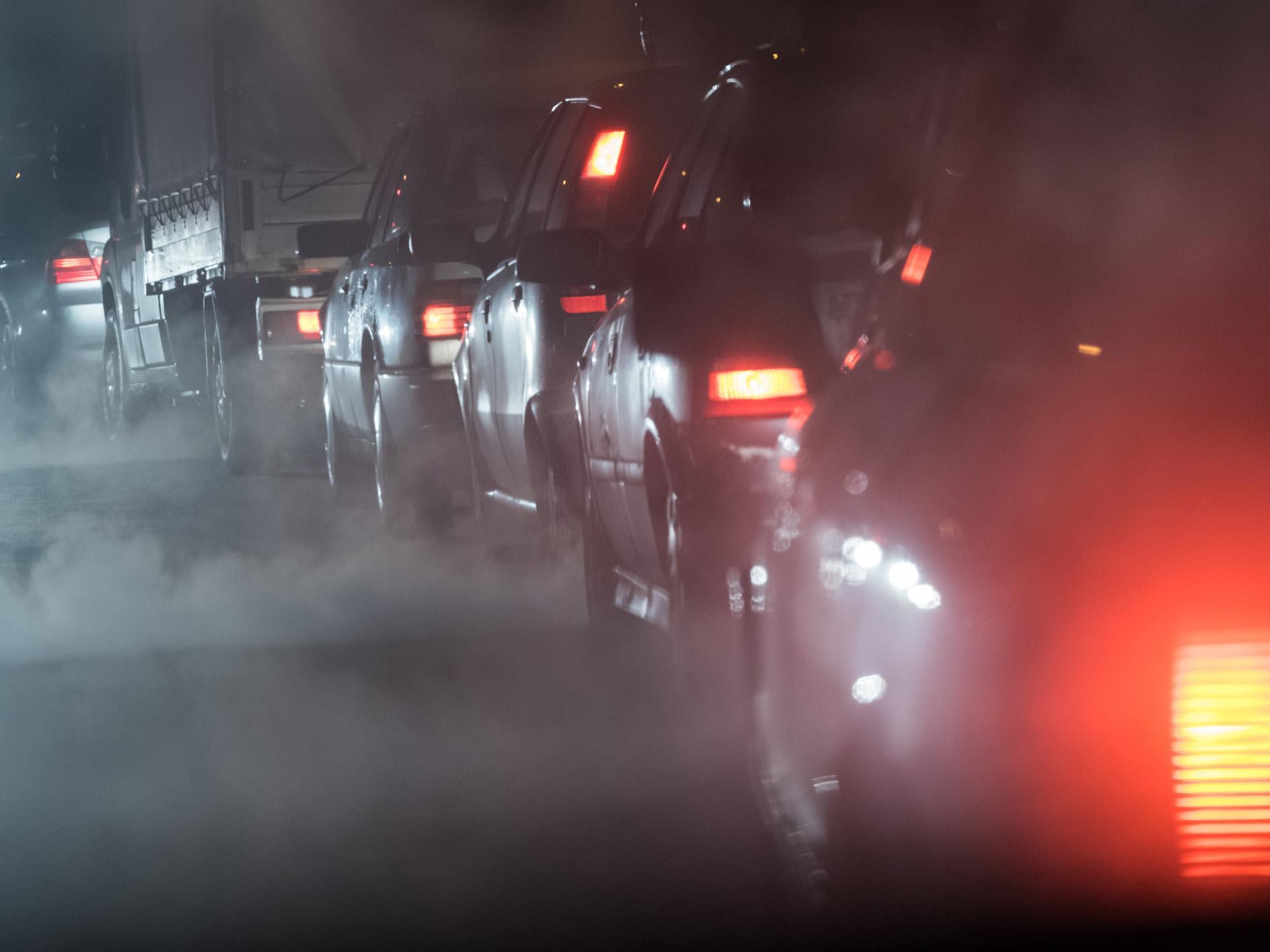Fake insurance claims soar in 12 months
Household and motor cover top the fraud charts as instances of crime jump more than a quarter

The number of people falsely claiming on their insurance policies has increased by more than a quarter in only a year, the UK’s primary fraud prevention service has revealed, with household and motor claims topping the illegal charts.
Fraudulent claims in household insurance are up by a staggering 52 per cent in the last year, with claimants aged 31-40 the biggest culprits, according to Cifas.
Motor insurance fraud is up by 45 per cent with 21- to 30-year-olds the most likely age group to commit this kind of offence.
In fact, while fronting insurance recorded by Cifas’ members is declining, the share of millennials who continue to do so increased by 18 per cent in 2018.
Fronting is when a driver claims they are the main user of a vehicle that is actually driven by a young driver or other high-risk motorist in order to receive lower premiums. It’s a tactic often used by parents for their children.
Victimless crime
The release of these alarming statistics marks the launch of Cifas’ “Faces of Fraud” campaign. The campaign sheds light on the daily temptations consumers face to commit fraud: the lies, exaggerations, deceptions and “seemingly” harmless opportunities to make some quick cash or get a better deal that are actually criminal acts.
But the consequences aren’t limited to the claim being refused, the policy being cancelled and a record with Cifas and the Insurance Fraud register. Above all, the case could also be reported to the police for investigation; potentially leading to a criminal conviction and a prison sentence.
“False insurance-claim fraud and fronting insurance policies fraud are often seen as an easy way to make a bit of money without hurting anyone. Yet the idea that fraud is a victimless crime is completely false,” warns Mike Haley, CEO of Cifas.
“First, false insurance claims and fronting insurance policies are illegal. They can impact on your life and career, making it near-impossible to buy insurance in the future and can even lead to a criminal record.
“Second, committing fraud hurts everyone: your neighbours, your friends, people in the area and the UK as a whole. Insurers have to spend longer reviewing insurance claims and policy requests, premiums go up, and everyone loses out.
“As the rise of false claims in household and motor insurance shows, many people are seemingly unaware of the risks they’re running and the consequences it can have by committing everyday fraud.
“While the overall downturn in fronting insurance policies is a positive sign, the fact that young people are increasingly more likely to commit that type of fraud highlights the need for continuing education. More needs to be done to raise awareness about the harm of fraud and financial crime.”
The news of spiralling fronting comes despite the fact that the cost of running a car for young drivers has dropped by £150 in the past year.
Annual fuel costs have plummeted by nearly 12 per cent in the last six months to an average of £785 after a long period of rising bills. And average insurance for 17- to 24-year-olds has dropped by £67 – or 5 per cent – to around £1,280, according to aggregator site comparethemarket.com.
The fall in insurance costs over the last year is down to lower competition in the car cover market. Insurers are now offering more competitive renewal rates to try and retain customers.
“While we have seen some clear reductions, the cost of getting on the road for a young driver is still disproportionately high and likely to be prohibitive to many,” warns Dan Hutson, head of motor Insurance at comparethemarket.com
“The unaffordability of running a car can have a significant impact on young people’s ability to get to and from work, and ultimately hold down a job. Our recent research found that 27 per cent of young people fear that they would risk losing their job if they could no longer afford to drive.
“We have been calling for a long time for the government to reassess insurance premium tax (IPT), so the chancellor’s announcement in the Spring Statement of an operational review is a step in the right direction.”
There are a number of options for young drivers looking to reduce insurance costs, including telematics policies that could save drivers an average of £482 on premiums.
However, only 14 per cent of drivers are likely to choose this kind of policy when their insurance comes up for renewal for a whole host of reasons. More than half, for example, are not comfortable sharing this kind of data.
Join our commenting forum
Join thought-provoking conversations, follow other Independent readers and see their replies
Comments
Bookmark popover
Removed from bookmarks